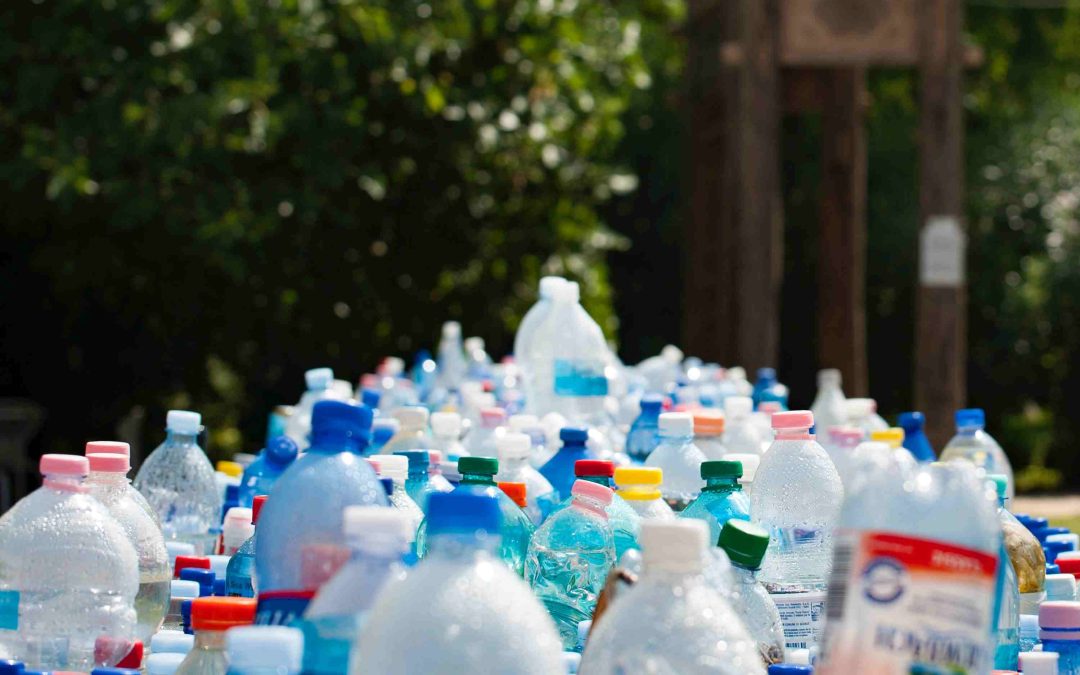Written by PhD student Hannah Case from the FoodBioSystems DTP
As the United Nations Framework Convention on Climate Change (UNFCCC) convened for COP28, concerns from climate researchers surfaced regarding the startling omission of plastic waste from the conference agenda, despite its immense contribution to global greenhouse gas emissions.
Why isn’t COP28 allowing discussions that extend beyond traditional climate issues to encompass the intersecting challenges of plastic pollution and its role in climate change? With global economic growth, a surge in plastic demand is predicted, yet this topic struggles to gain traction at COP28, with some arguing that these discussions lie with other UN Agencies.
Outside of COP28, negotiations for a Global Plastics Treaty are progressing, but face significant challenges. Some COP28 Pavilion events, including those at the Seychelles, Trade House, Moana Blue Pacific, and Ocean Pavilions, did manage to convey the importance of sustainable plastic production, reducing single-use plastics and more sustainable waste management. Amidst discussions on emissions reduction and sustainable practices, the pervasive impact of plastics has emerged as a critical talking point with broader environmental concerns, so why no mention of this issue on the COP28 agenda?
Over ninety-nine percent of plastics originate from petrochemicals, contributing significantly to the climate emergency, yet our reliance on disposable plastic items has become excessive, leading to profound environmental, social, economic, and health repercussions. Major oil and chemical companies, however, are prioritising tackling downstream plastic pollution over assessing production issues. The transition away from fossil fuels discussed at COP28 is only focussed on energy systems but does not encompass the full picture to include their use in plastics and transport.
As the production of plastic products, especially single-use plastic, is still commonplace, and the implementation of global policies is likely to take time, it is imperative that reusing and recycling is more heavily implemented. Conventional plastic waste reduction has proved insufficient, with only 9% of global plastics effectively recycled. Between 1950 and 2015, 6,300 million tonnes of plastic waste are estimated to have been generated, with 80 % of these in landfill or littering the environment and 12 % incinerated.
Recognising the synergy between plastic pollution and broader climate concerns within COP discussions would underscore the imperative need for collaborative action. So although COP28’s thematic agenda and Letter to Parties offered minimal assurance of dedicated commitment to tackling the production and reduction of plastic pollution, a transformative shift for COP29 is vital in securing a sustainable future for the planet.


